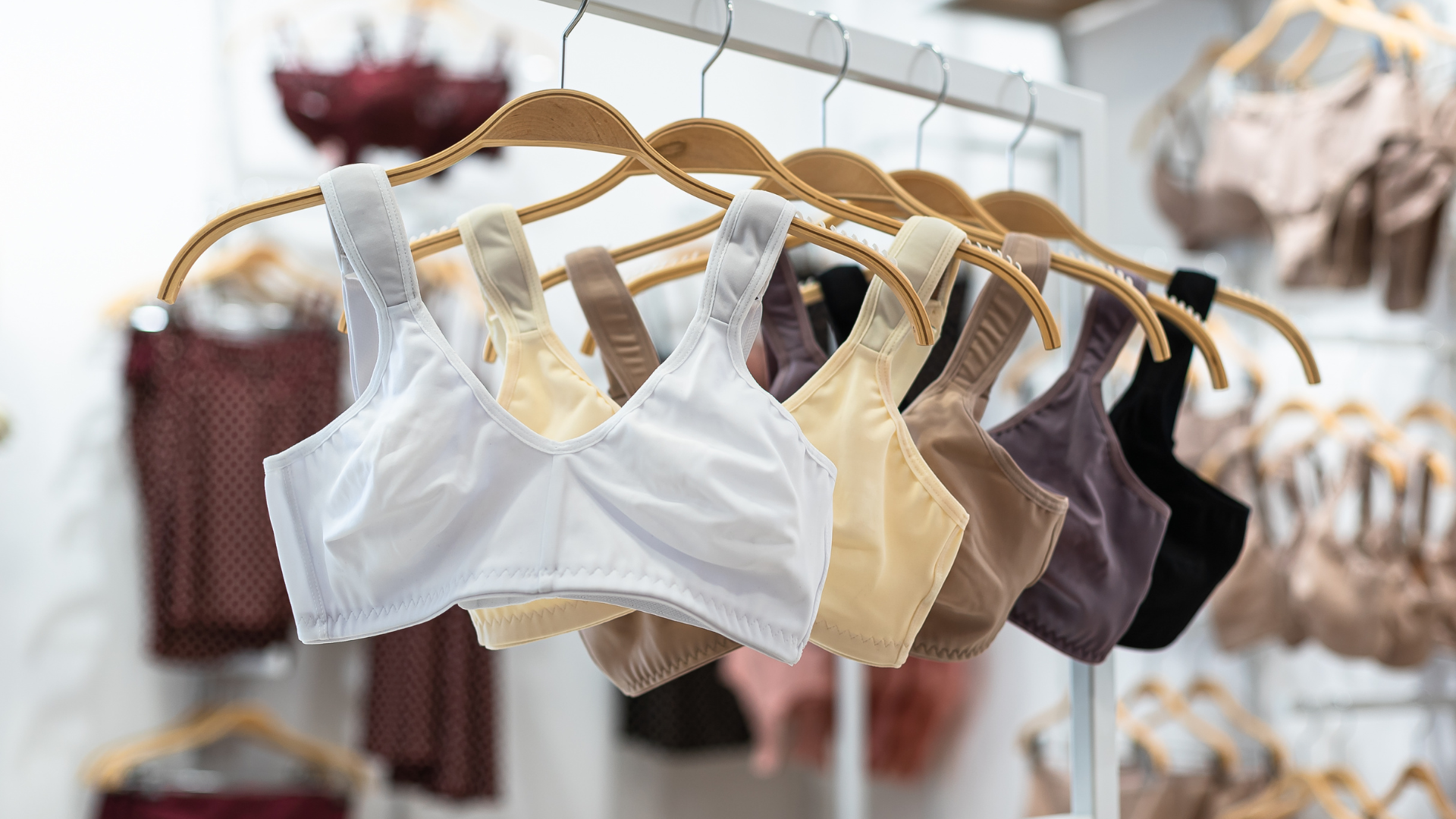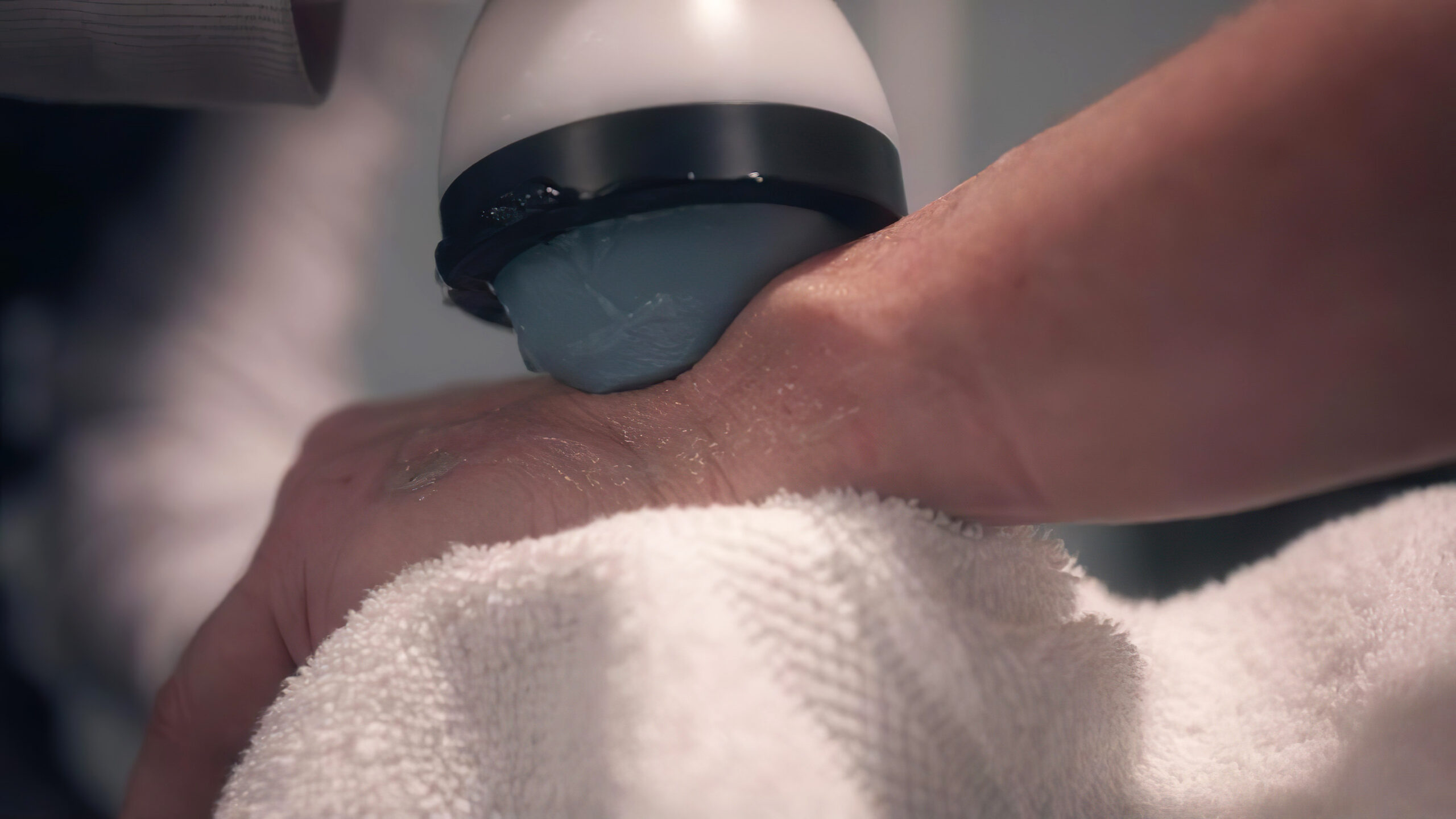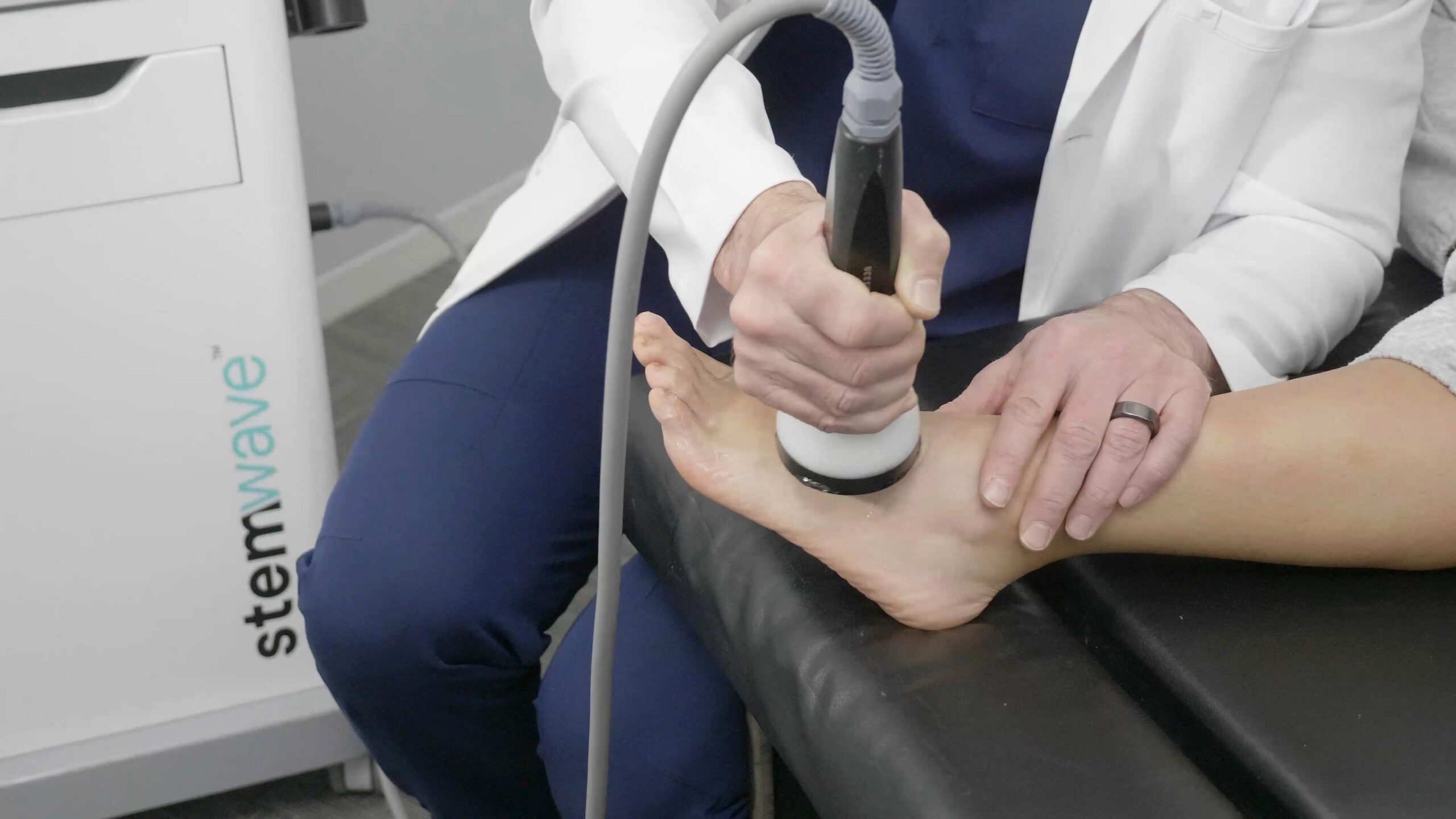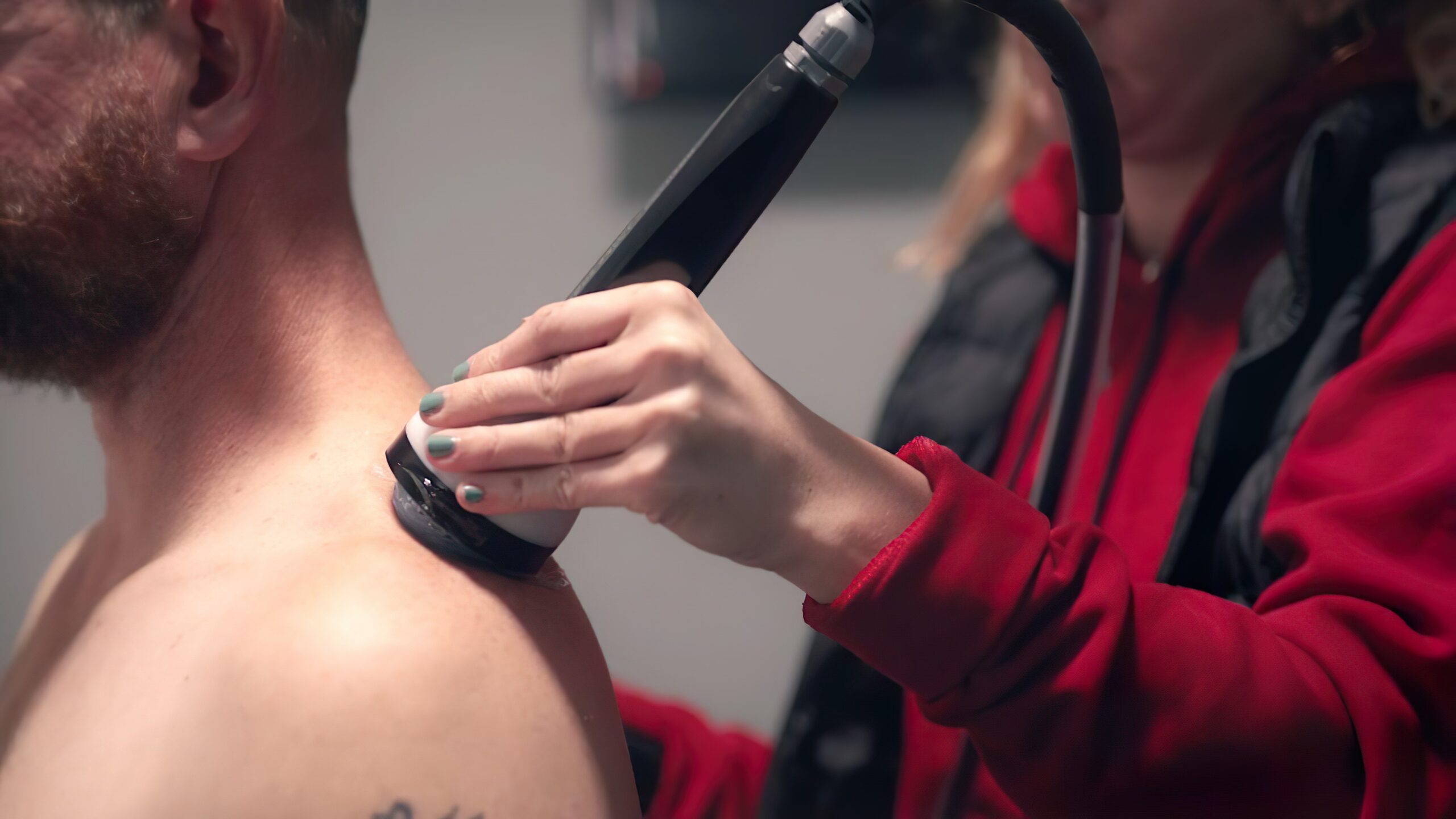Introduction
After breast surgery, many women wonder about the risk of lymphedema, which is swelling that can happen in the arm when fluid builds up. It is one of the most common long-term concerns after a mastectomy or lymph node surgery, and naturally, patients want to know if there are ways to prevent it.
One question we hear often is, “Will wearing a compression sleeve help me avoid lymphedema?” The honest answer is that sleeves may help, especially for women at higher risk, but they are not a guarantee. Let’s walk through what we know today.
Who Is More Likely to Develop Lymphedema?
Not every woman who has breast surgery develops swelling, but certain treatments and health factors can raise the risk.
Treatment-related risks include:
- Having several lymph nodes removed (axillary lymph node dissection)
- Radiation to the lymph nodes
- Certain chemotherapy drugs
Other factors can also play a role:
- Higher body weight
- Infection after surgery or drains that stay in for a longer time
- Possibly high blood pressure
Understanding your personal risk helps you and your care team decide if extra steps, like a sleeve, might make sense.
What the Studies Say About Compression Sleeves
Researchers have looked closely at whether wearing a preventive compression sleeve after surgery can lower the chance of lymphedema. In women considered high risk, especially those who had many lymph nodes removed, sleeves reduced or delayed swelling in the first year after surgery.

These results are encouraging, but experts emphasize that more studies are still needed. For now, sleeves are seen as a helpful tool, but not a cure-all, and they work best as part of a broader recovery plan.
Other Ways to Lower Risk
Sleeves are just one piece of the puzzle. Studies also show the importance of:
- Gentle exercise and physical therapy soon after surgery to restore movement
- Regular check-ins or measurements to catch changes in arm size early
- Knowing the signs such as heaviness, tightness, or clothing fitting differently on one arm
- Short-term compression use if swelling first appears, which can stop it from getting worse
Taking small, proactive steps often makes a big difference.
How Compression Sleeves Fit Into Recovery
If your doctor recommends a compression sleeve, there are a few things to keep in mind. The sleeve should be professionally fitted so it provides gentle, even support without being too tight. Most women wear it for part of the day rather than around the clock, and usually not while sleeping. A sleeve should feel comfortable and supportive, never painful or restrictive. If you ever notice new discomfort, numbness, or worsening swelling while wearing one, it is important to reach out to your care team right away.
Coverage and Insurance
As of January 2024, Medicare covers compression sleeves and wraps if you have been diagnosed with lymphedema. This is wonderful progress for patients already managing the condition. Preventive use is not automatically covered, so it is always best to check your plan and talk with your provider.
Frequently Asked Questions
Most women are told not to wear their sleeve while sleeping unless their provider gives different instructions.
Usually every 6 to 12 months, or sooner if the fabric stretches out.
Prevention means using a sleeve before swelling begins, usually for women at higher risk. Treatment is for women who already have swelling.
Pay attention to heaviness, tightness, or swelling in your arm or hand. Call your provider if you notice any of these changes.
Support at Ozark
Navigating recovery can feel overwhelming, but you do not have to do it alone. At Ozark Medical Equipment, we are here to help you feel confident in your recovery. Our team provides personalized fittings, guidance on safe wear, education on garment care, and coordination with physical therapy and follow-up care.
Our role is to make sure you feel supported, both physically and emotionally, through every stage of recovery.



